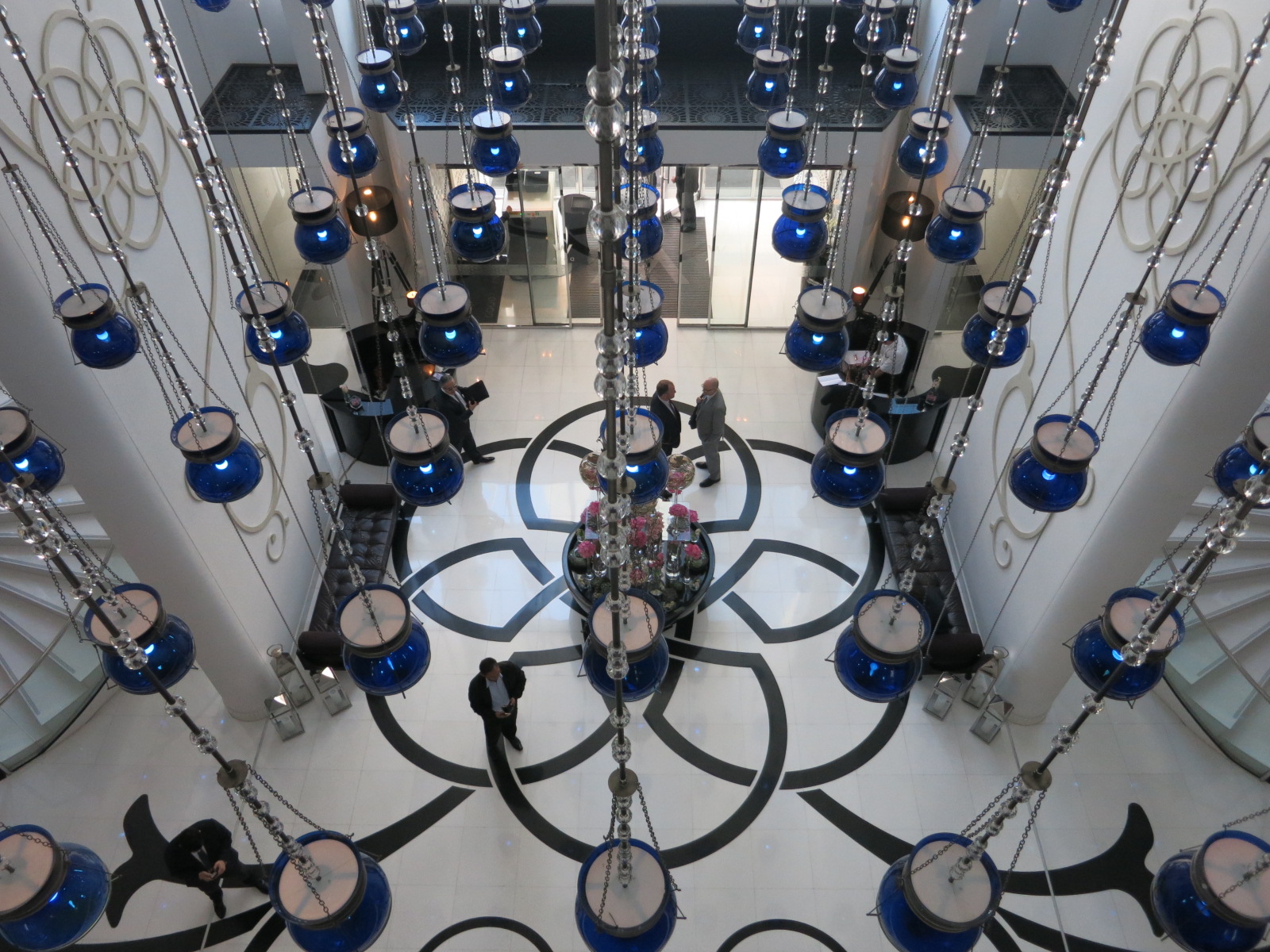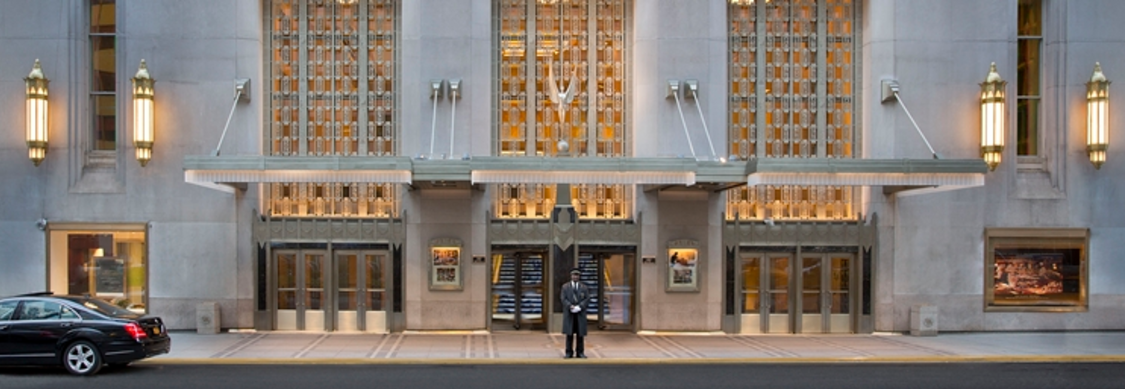There’s little transparency in large Chinese conglomerates. They’re often layers of companies with unclear ownership and difficult to verify financials. Their leadership is often politically well-connected.
At the same time regulation of these entities is unclear as well. When the Chinese government decides to take an interest in the operation and systemic risks posed by these companies which rapidly expand through acquisitions both domestically and around the world, it’s not always clear whether it’s because of regulatory violations (or explicit as to which ones) or a signal of internal power struggles inside the government — whose faction is in and whose is out?
HNA Group is struggling. Their travel assets include — among others:
- At least a portion of Chinese airlines such as Beijing Capital Airlines; Fuzhou Airlines; Hainan Airlines; HK Express; Hong Kong Airlines; Lucky Air; Tianjin Airlines; and Urumqi Air
- Stakes in international airlines such as Azul, Comair, TAP Air Portugal, and a pending acquisition of an equity stake in Virgin Australia
- Interests in NH Hotels, Red Lion Hotels, Carlson Hotels, Swissport, ICE – International Currency Exchange, and Rio de Janeiro–Galeão International Airport
- Airline caterers Gate Group and Servair
- They’re the largest investor in Hilton
Mainland China cut off access to cheap loans last year as part of a crackdown on ‘irrational outbound investment’ which is also related to a crackdown on corruption and a desire to stem capital flight. HNA has been selling some assets and borrowing from private equity to meet its obligations.
Perhaps in even greater trouble is Anbang, the insurance conglomerate which lost out on a bid to buy Starwood out from under Marriott. (They then considered buying IHG.)

W Doha
Last June Anbang’s Chairman was arrested and the company was then ordered to sell foreign assets (including hotels such as the Waldorf=Astoria New York) and repatriate the proceeds to China.

Waldorf=Astoria New York, Owned by Anbang. Credit: Hilton
This despite Anbang’s Chairman being married to Deng Xiaoping’s granddaughter, and Anbang director Chen Xiaolu’s father being a military commander who served Mao Zedong. Interestingly Levin Zhu, son of a former Chinese Premier, has been listed as an Anbang director though has publicly said he never agreed to be on the board.
Now Anbang has been taken over by the Chinese Insurance Regulatory Commission.
Wu Xiaohui, former chairman and general manager of Anbang Insurance Group Co., Ltd. (hereinafter referred to as Anbang Group), was prosecuted according to law on suspicion of economic crime. In view of the fact that Anbang Group acts in violation of laws and regulations and may seriously endanger the solvency of the Company, in order to maintain the normal operation of Anbang Group and protect the legitimate rights and interests of consumers, according to the relevant provisions of the Insurance Law of the People’s Republic of China, the CIRC decided in 2018 February 23 on the implementation of the Anbang Group take over the deadline of one year.
This is being done to protect “[t]he legitimate rights and interests of consumers and stakeholders” The company’s debts are being honored, operations continue, and the company will remain privately owned though there will be an “equity restructuring.”


An American style bailout.
…little transparency… They’re often layers of companies with unclear ownership and difficult to verify financials… benefits the politically well-connected…regulation is unclear…
Sounds familiar these days.
Similar, but not really. Whataboutism doesn’t really apply here. Western companies generally actually have to report results and be audited. There is also that whole thing about China ‘s restriction on capital flows that throws a wrench in this. These conglomerates have been borrowing yuan from state owned banks and buying very overpriced overseas assets. China’s amount of corporate/consumer debt “officially – how much is off the books?” has had a 3X increase in ten years, the merry-go-round has to stop sometime and it could get real ugly quick. Anbang and HNA could be the equivalent of the Bear Stearns moment for China. Debt increases by 3X but GDP only increases by .8X in ten years = unsustainable and a come to jesus moment will happen. It’s like the 2000-2007 real estate bubble on steroids.